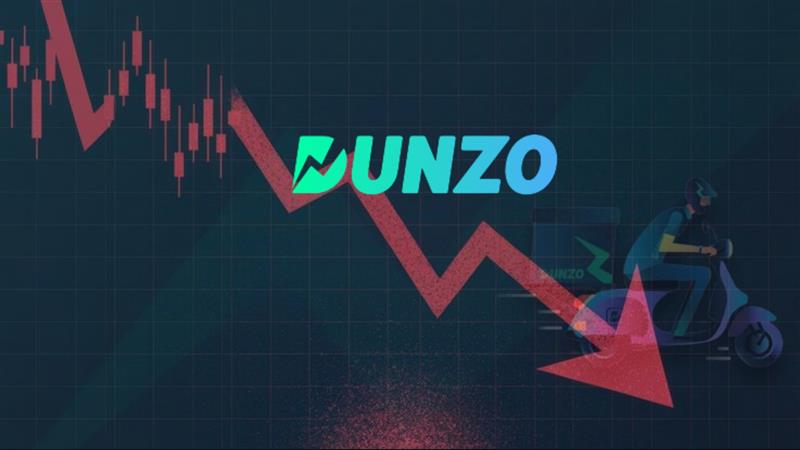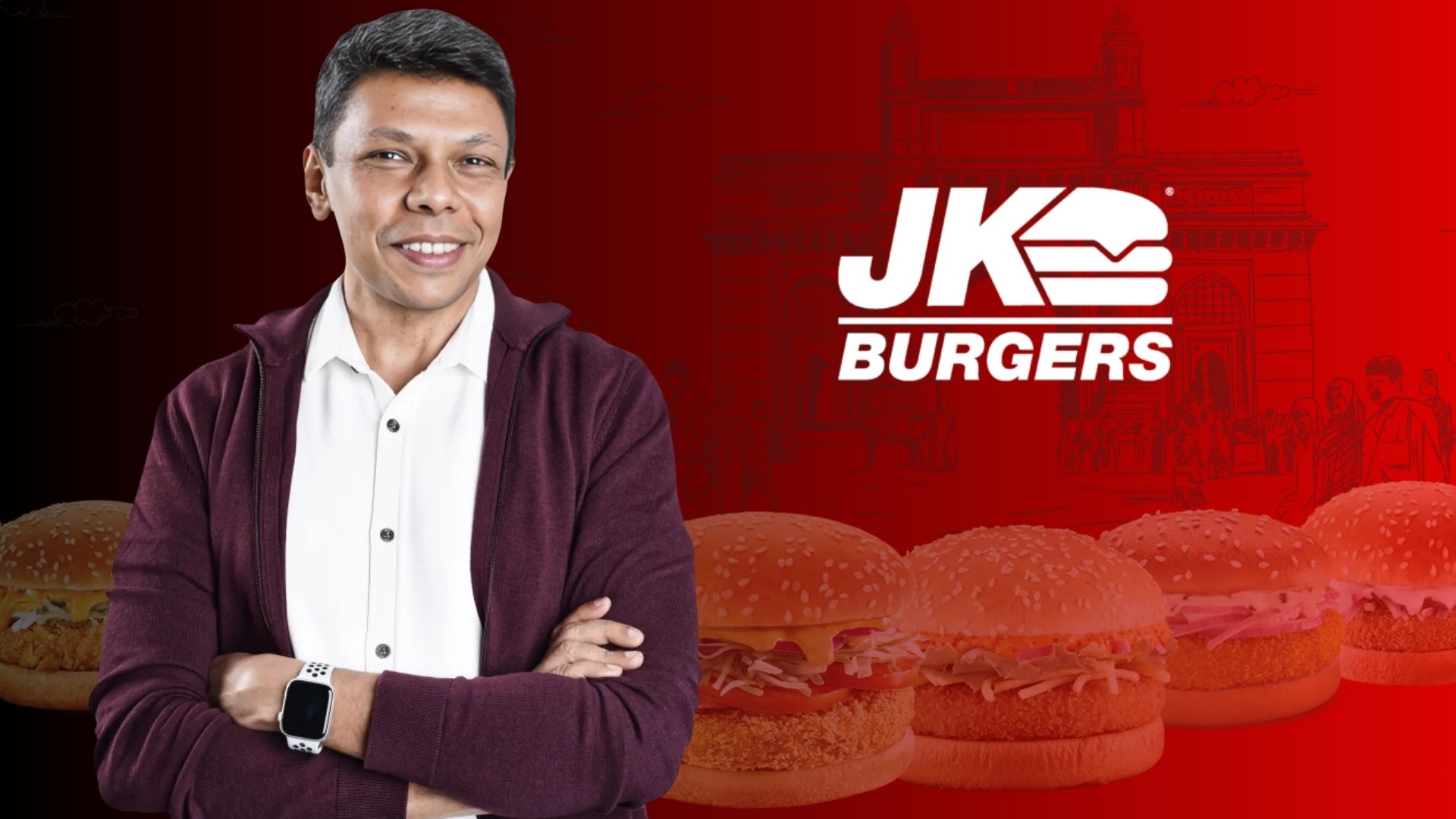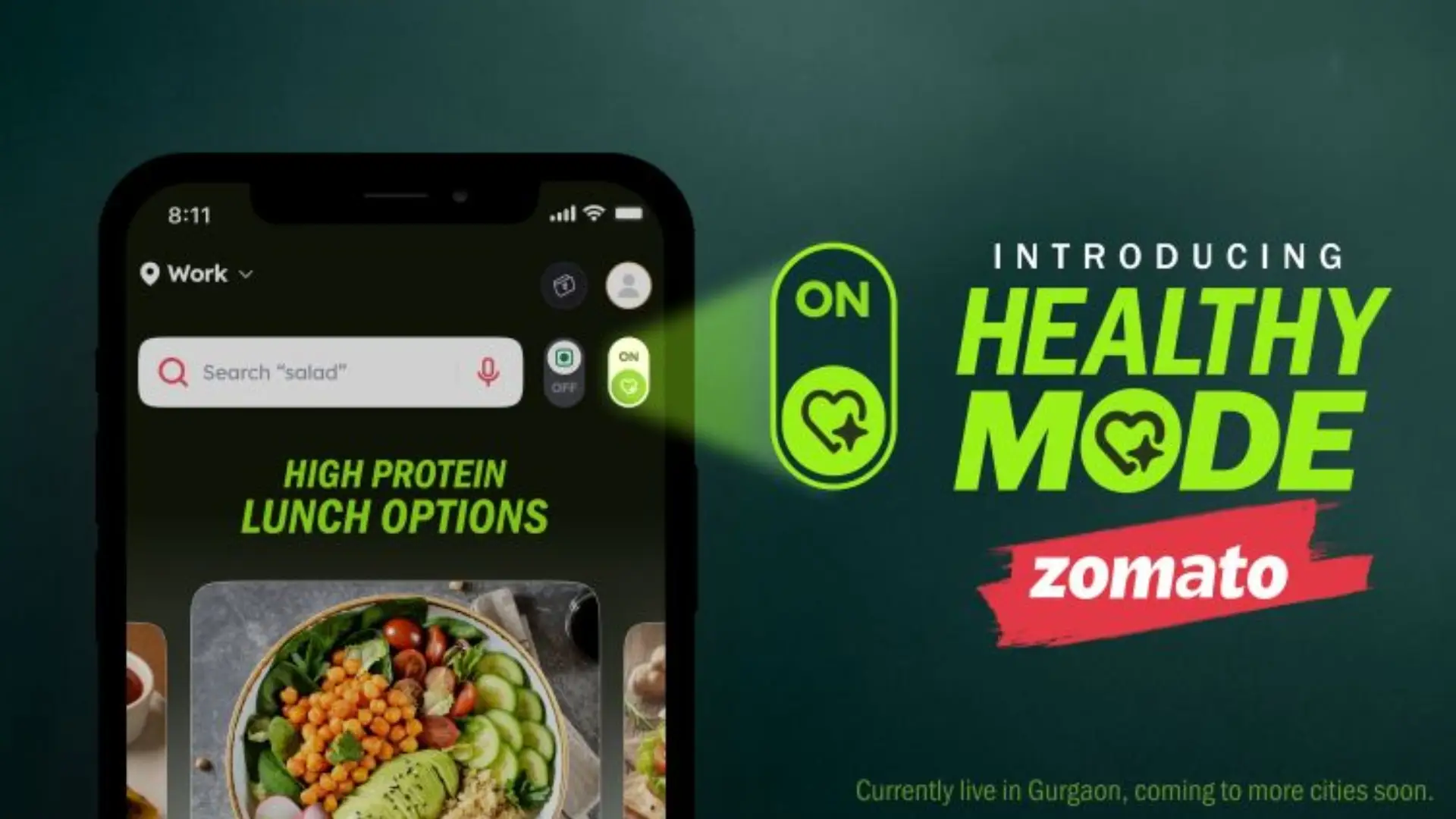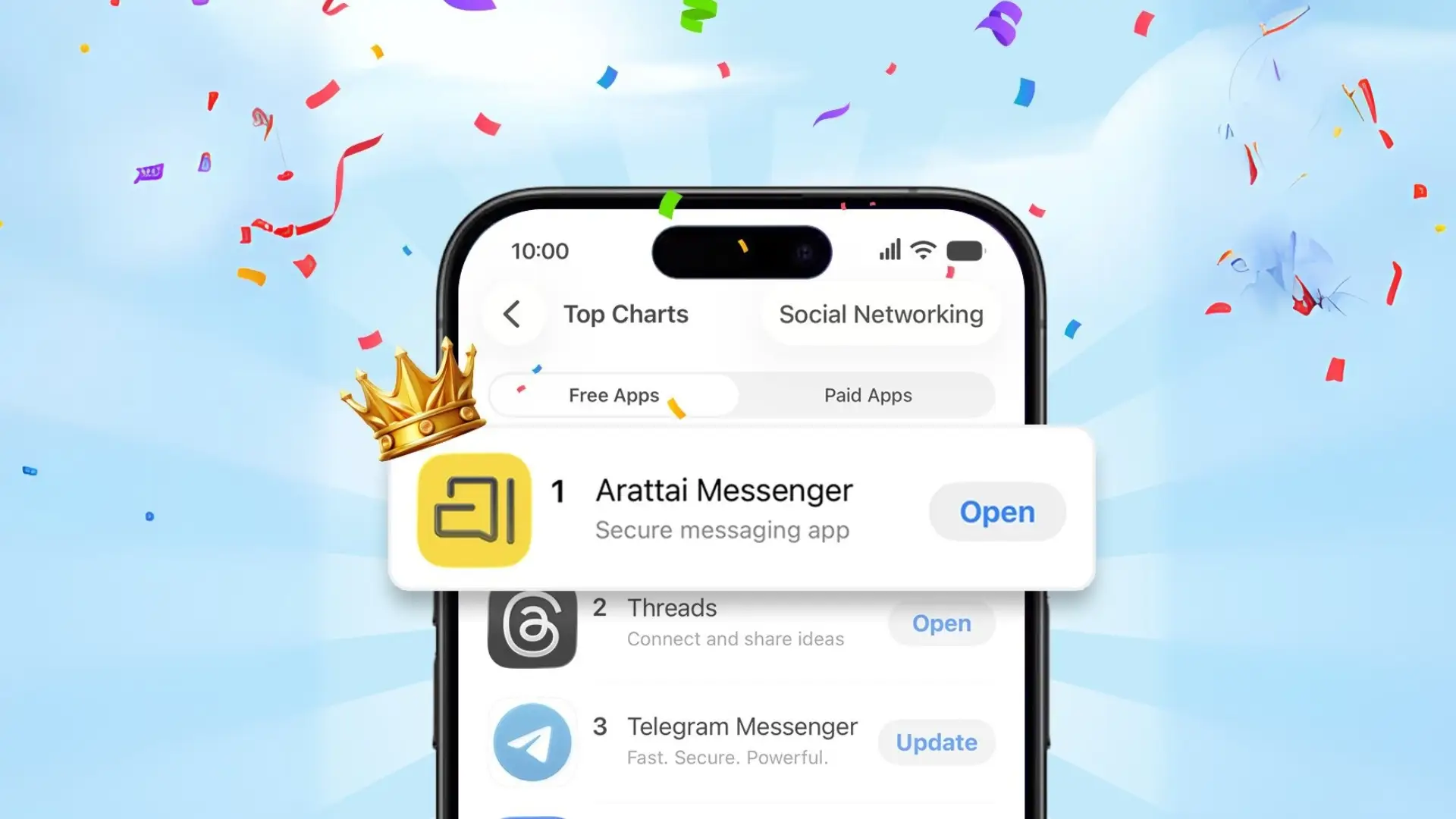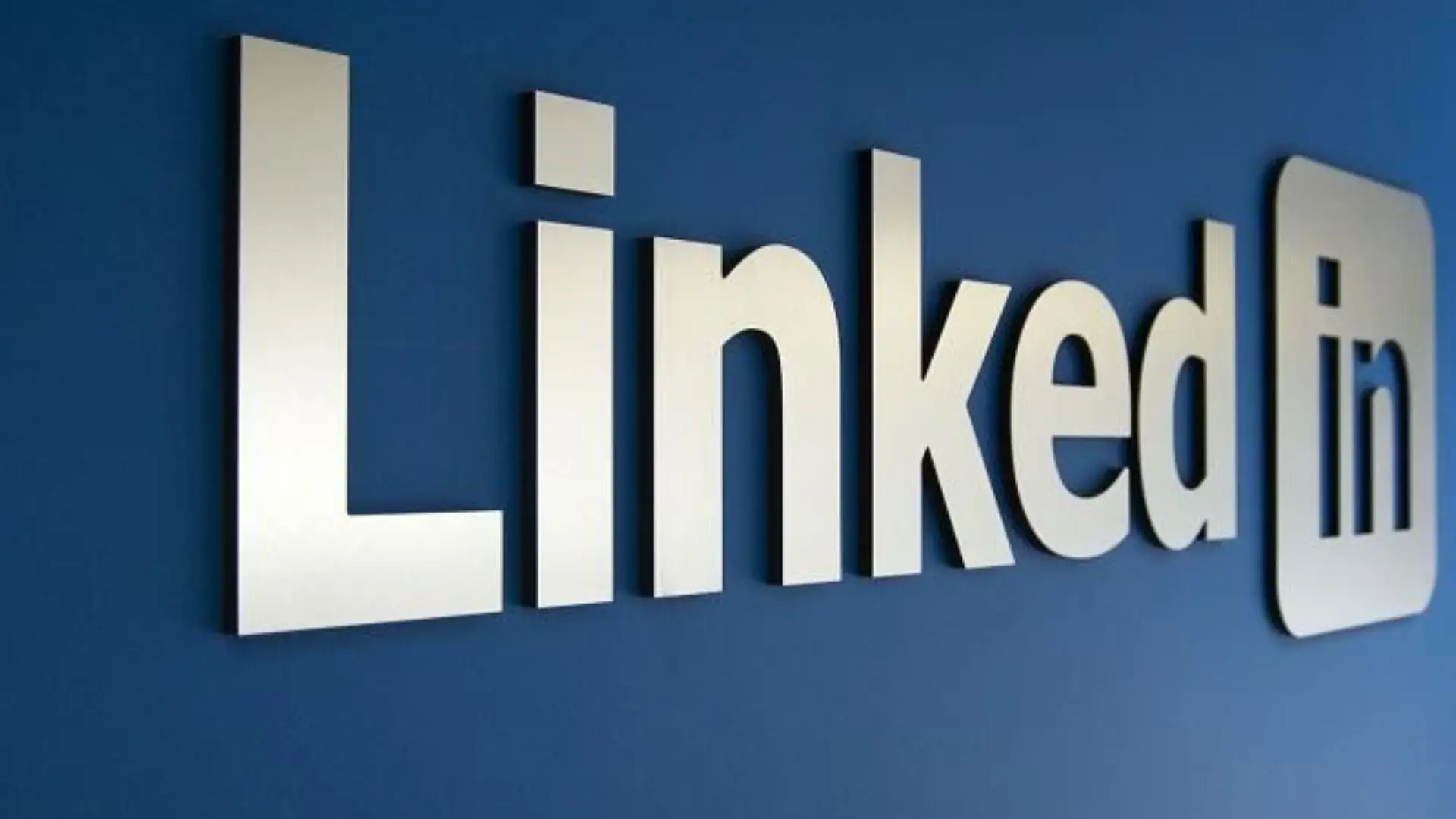One of the biggest news stories in these 10 days of August is the news about Dunzo. Reliance Retail has officially confirmed that it has walked away from one of its most high-profile startup bets. In its latest annual report, the retail arm of Reliance confirmed that it had written off its entire ₹1,645 crore ($200 million) investment in Dunzo.
This write-off didn’t happen all of a sudden. In the last two years, Dunzo has been on a steep decline with huge losses, running out of cash, delaying salary payments, laying off hundreds of employees, shutting down services, and failing to secure a bailout from potential investors. By early 2025, the app had stopped working, the co-founders had moved on, and the once-buzzing hyperlocal delivery brand had become just a shadow of its past. Reliance’s decision to write off its investment is now seen as one of the biggest startup losses in India’s history.
Every single piece of decision that you make in your business decides the future. It all depends on one decision that builds you or destroys you. Let’s understand what went wrong with Dunzo and what new-age startups can learn from this story.
But before that, let’s go back to the year 2015, and that’s when Dunzo was born. Dunzo was founded by Kabeer Biswas, Dalvir Suri, Ankur Agarwal, and Mukund Jha in 2015. It started when they realized how hard it was to get small daily tasks done. The journey began with running errands for friends using just WhatsApp, and word quickly spread. Soon, what began as a personal favor service turned into a full-fledged hyperlocal delivery app that could get you anything from groceries to forgotten chargers within hours. By 2016, it had an app, angel funding from Blume Ventures, and a vision: to be the go-to app for anything you need done in your city. What started as a side hustle became one of India’s most talked-about hyperlocal delivery startups.
Well, after this the company scaled faster and got very good traction from the users. And during the same time, it also received interest from global brands and investors. One of the well-known brands that backed Dunzo was Google. It was one of Google’s rare direct bets on an Indian consumer app. Covid is one of the game changers for the company, as it scaled due to the huge demand and rise of its hyper-local deliveries.
Though it experienced growth, on the flip side, its financials are weakening. Between 2018 and 2021, the company brought in about ₹88 crore in revenue but made ₹700 crore in losses. That’s like losing ₹7.5 for every single rupee earned. In FY 2022, revenue doubled to ₹54 crore, but losses increased to ₹464 crore. By FY 2023, Dunzo’s revenues looked healthier at ₹226 crore, yet the losses exploded to a staggering ₹1,800 crore.
During the same period, two major things took place: one is funding, and the other is a new service offering. Dunzo entered into quick commerce. And that’s when it all started going wrong. So Dunzo decided to step into quick commerce, and they raised funding and launched Dunzo Daily. But this led to the troubles because running the quick-commerce business is so capital intensive, and then it needs the infrastructure. They need to maintain the dark stores and deliver them on time. It was completely different from what it used to do earlier. This means Dunzo had to spend huge amounts of money setting up and running hundreds of these stores, all while their original hyperlocal business was still losing money.
At the same time, the segment is highly competitive. Players like Zepto, Blinkit, Instamart, and even Bigbasket have huge funds and support from big investors and companies. Financials got weaker, which made it depend on the funds. In January 2022, Reliance Retail stepped in. Reliance led a $240 million funding round, taking a 26% stake in the company. The partnership was seen as a game-changer, combining Dunzo’s speed and tech with Reliance’s massive retail network.
But there was a catch. Reliance got veto power. That means whenever Dunzo wants to make any big or important decision, they can’t just go ahead; they first need Reliance’s approval. When the company needed extra funds, Reliance hadn’t approved because of valuation disagreements. So, all of this put together created some unclear direction for the company and financial troubles. This is when the cracks started to form within the company.
By early 2025, Dunzo’s downfall was almost complete, as the founders had stepped away, the website and app had gone dark, losses had spiked up, cash reserves had dried up, salaries were delayed, and mass layoffs had swept through the company. And after all these scenarios, the news about Reliance Retail writing off its investment came out.
Well, no one ever knows what a single decision will lead to. But when you are starting out on something, remember one thing. Remember USP. USP is something that helps you to build the brand, not just the business. When you drift too far from your USP in the chase for bigger markets or hotter trends, you risk losing the very thing that made people choose you in the first place. In business, you can pivot, and you can evolve, but never forget what makes you “you.” If you lose that, no amount of funding, partnerships, or buzz can save you.
So, next time when you are building something, think about it
